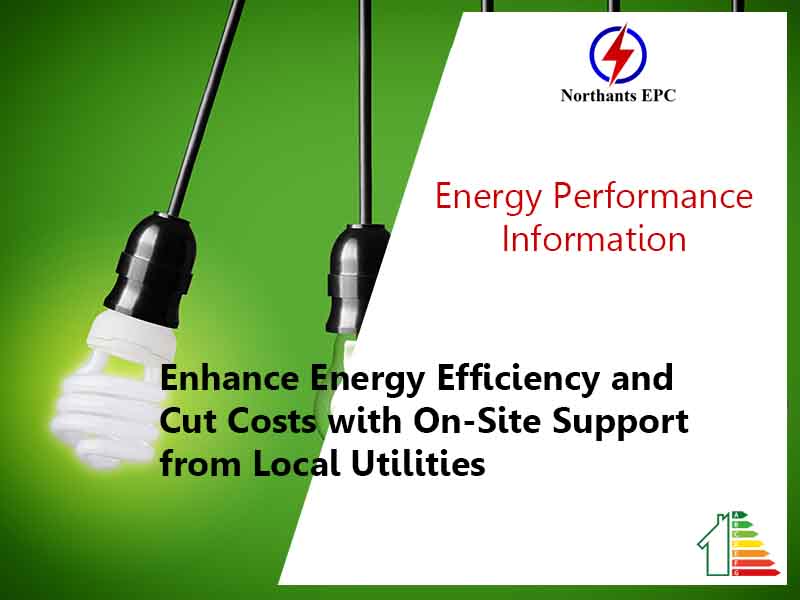Enhance Energy Efficiency and Cut Costs with On-Site Support from Local Utilities
Achieving sustainable design can be greatly bolstered by incentives and technical assistance provided by local clean energy partners through their team of energy-efficiency consultants.
Today, energy efficiency and sustainability stand as pivotal objectives in the initial stages of design discussions and are expected to maintain their significance in the foreseeable future. Within the retrofit market alone, expenditures directed towards enhancing system efficiency and curbing energy consumption are projected to rise significantly from $161.2 billion in 2023 to $272.8 billion by 2032.
Designing retrofits is already a complex task, further compounded when clients demand stringent sustainability standards or even aim for net-zero objectives. Despite established methods for enhancing building performance and reducing grid dependency, keeping pace with the latest innovations and performance testing for building systems can be challenging and time-consuming.
Similar to specialized team members involved in building retrofits, an energy-efficiency consultant from utility partners such as National Grid can play a pivotal role. They offer tailored strategies specific to site and climate conditions that not only reduce energy usage and expenses over time but also trim initial investment costs through incentives and rebates.
Christian Guzman, assistant energy manager at Stony Brook University, acknowledges the significance of incentives received from National Grid. Guzman explains how these incentives facilitate reinvestment in other projects, such as data analytics. This data-driven approach aids in monitoring energy usage and occupancy schedules across the campus, enabling significant savings when adjusting energy consumption during unoccupied periods, amounting to around $10,000 monthly.
The Objective of Energy Experts
Energy-efficiency consultants aim to decrease costs and energy consumption while promoting sustainability. They assist businesses in meeting regional sustainability goals by identifying cost-effective solutions through financial incentives, offering recommendations like high-efficiency heat pumps, heating systems, building envelope improvements, lighting strategies, and electric vehicle charging programs.
Role of an Energy Expert
An energy expert identifies opportunities for efficiency enhancements by conducting on-site assessments, providing technical support, and sourcing financial incentives tailored to specific projects.
Karen Seward, director of energy management at Albany Medical Center, achieved substantial savings by partnering with National Grid’s commercial energy-efficient consultant, Daniel Merrill. Together, they pursued various capital projects resulting in significant energy savings through LED fixtures, steam traps, and more. Seward praises the dedicated team’s support and guidance, leading to over $1 million annual energy savings and nearly $1.8 million in National Grid incentives, offsetting initial investment costs.
Involving local energy efficiency experts in the early project stages expands options for energy and financial savings, aligning with client sustainability objectives and bolstering an architecture firm’s client satisfaction—a crucial pillar of success.
